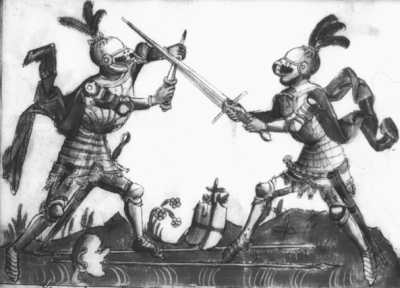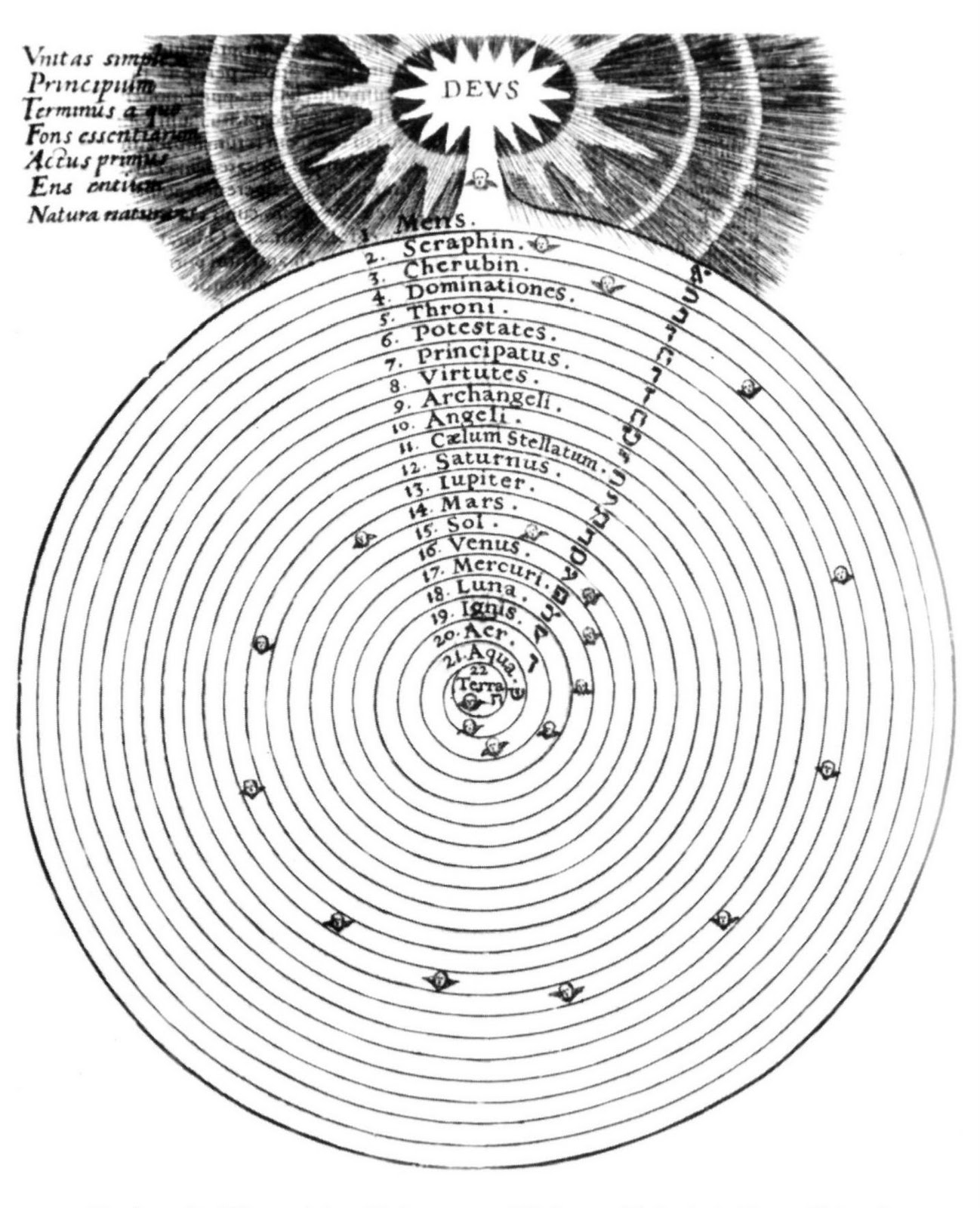The third dimension of history understood as the impact of imaginal world on human history. Wars, migrations, expansions, conversions, and so on, need to be seen in the light of this higher dimension, above and beyond the material, biological, economic, and ideological causes. We have seen that Julius Evola attributes … Continue reading
Tag Archives: Dante
Hell and other lovely thoughts

I decided to leave, neither forgiven nor condemned. Perhaps it was Minos, trying to determine my place in hell. Continue reading
Idiot’s Guide to the Modern World
Man can be truly free and himself only when he maintains the centre of his being on a metaphysical plane. When he detaches himself from such a plane and focuses on practical goals, on temporal achievements, and, in general, on whatever was the domain only of lower castes taken in … Continue reading
Holy Rome, Eternal Rome
Before translating Evola’s review of a book by Maurras, we plan to provide a chapter from Guido de Giorgio’s La Tradizione Romana (The Roman Tradition) called “Dante and the Holy Culmination of the Roman Tradition.” De Giorgio is most certainly the only man to have collaborated with both Rene Guenon … Continue reading
Recapitulation

The doctrine of Recapitulation can be deduced from that of karma and sexual union. Continue reading
Initiatic Paths
A couple of weeks ago, we asked about the available options for initiation for Western men today. Although the first two options got the most votes, the third one seems to have generated the most interest. Read Dante’s Divine Comedy in Italian Men attracted to Tradition today are, or should … Continue reading
Metaphysics of Dueling

When reason alone fails to achieve justice, is dueling a legitimate way to reach a resolution? Dante answers, “Yes”. Continue reading
Dante’s Empyrean

There is nothing to know. One can only be it; that is to know it. Continue reading
From Virgil to Dante

The Middle Ages are so called because it represents the era between Antiquity and modernity. We can also regard it as the Traditional society between the Ancient traditional world and the coming Traditional society of the future. That the Middle Ages represent Tradition is beyond dispute. Now, there may be … Continue reading
